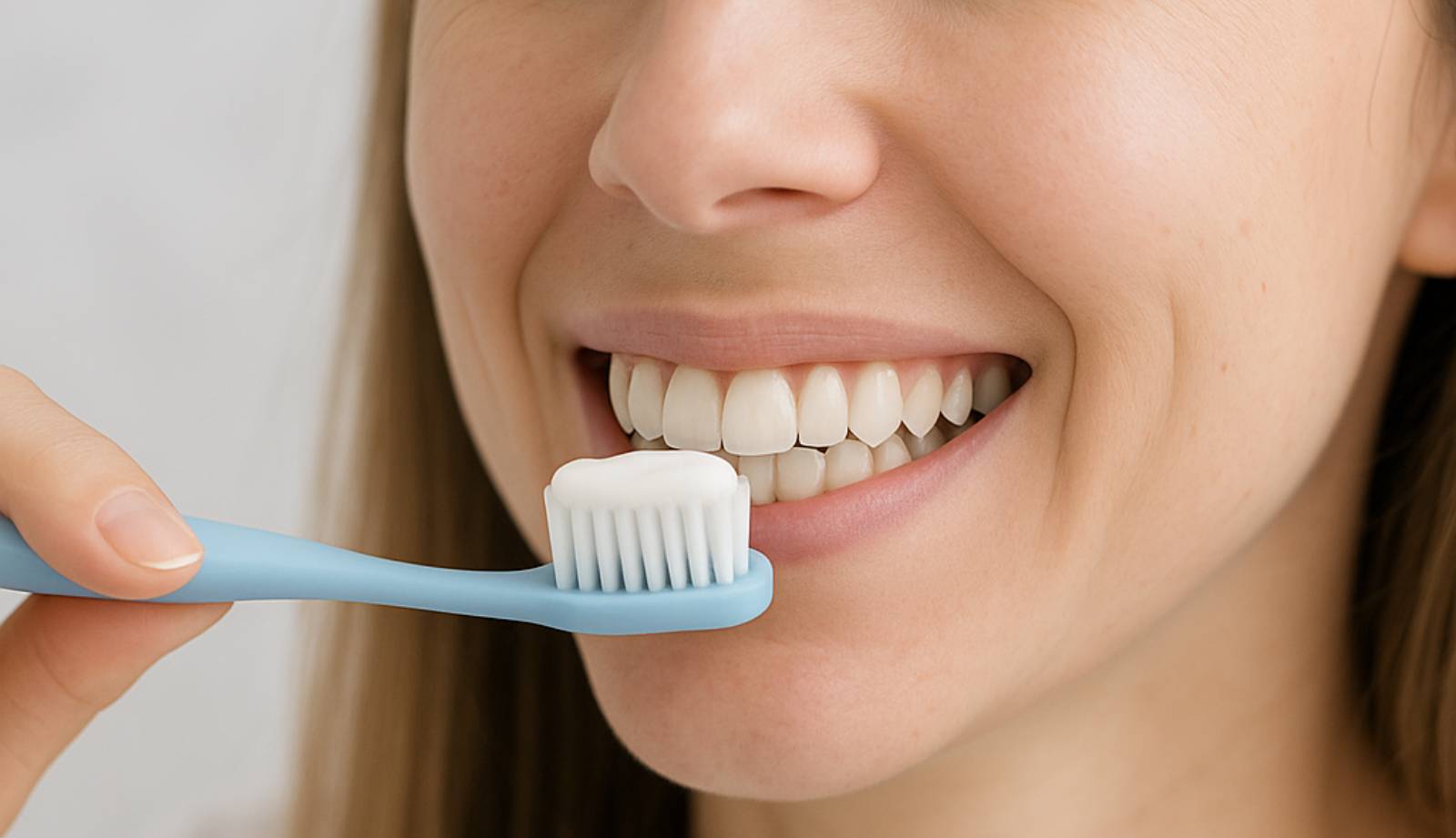
How Often Should You Replace Your Toothbrush?
When it comes to oral health, most people know the importance of brushing twice a day and flossing regularly. But one essential question often gets overlooked: How often should you replace your toothbrush?
At Trivandrum Dental Clinic, we see many patients who are diligent about brushing but unaware of how critical it is to keep their toothbrush fresh and effective. In this article, we’ll explain everything you need to know about toothbrush replacement - why it matters, how often to do it, and what can happen if you wait too long.
Why Replacing Your Toothbrush Is So ImportantYour toothbrush is your first line of defense against cavities, gum disease, and bad breath. It works hard every day to remove food particles, plaque, and bacteria from your teeth and gums. But over time, the bristles wear down and become less effective.
Worn bristles can’t reach between teeth or along the gumline effectively. Worse still, they can become a breeding ground for bacteria. This means that even though you’re brushing regularly, you might not be cleaning your mouth as well as you think.
Oral Health and Whole-Body HealthPoor oral hygiene doesn’t just affect your mouth - it can also impact your overall health. Numerous studies have linked gum disease to heart disease, diabetes, respiratory infections, and even complications during pregnancy. Keeping your toothbrush in top condition is a small yet powerful step toward safeguarding both your oral and general health.
So, How Often Should You Replace Your Toothbrush?According to the American Dental Association (ADA), you should replace your toothbrush (or electric toothbrush head) every 3 to 4 months. This is the average time it takes for the bristles to become frayed and worn.
Key reasons for replacing every 3 - 4 months:
-
Bristle wear – Worn bristles are less effective at removing plaque and debris.
-
Bacterial buildup – Over time, bacteria, fungi, and mold can accumulate on the bristles.
-
Reduced performance – Older toothbrushes just don’t clean as well, even if you brush properly.

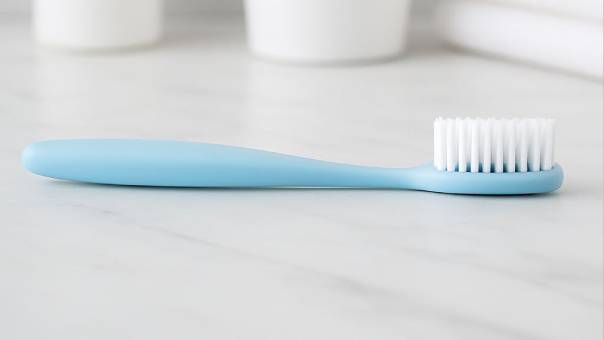
While 3 - 4 months is the general rule, there are times you may need to replace your toothbrush sooner:
-
1. After Illness
If you've had a cold, flu, sore throat, or any viral or bacterial infection, it's a good idea to switch to a new toothbrush. Germs can linger on the bristles and potentially reinfect you. -
2. Frayed or Bent Bristles
Visibly damaged bristles can’t clean effectively. If your toothbrush looks worn—even if it hasn’t been 3 months—get a new one. -
3. Foul Smell or Discoloration
Your toothbrush should look and smell clean. If it smells bad or has visible buildup or discoloration, it’s time for a replacement. -
4. Mold or Mildew
If you store your toothbrush in a damp area with poor ventilation, mold or mildew can grow. Always replace a toothbrush that shows any signs of mold. -
5. Children’s Toothbrushes
Kids tend to brush more aggressively (or chew the brush), wearing it out faster. Check children’s toothbrushes every month and expect to replace them every 6 - 8 weeks.
Both manual and electric toothbrushes are effective when used properly, but they require similar care when it comes to replacement.
Manual Toothbrush:
-
Replace every 3 - 4 months or sooner if bristles are worn.
Electric Toothbrush Head:
-
Replace the brush head every 3 months or according to manufacturer guidelines.
-
Some electric toothbrushes have indicator bristles that fade to show when it's time for a new head.
Regardless of which type you use, bristle condition and hygiene are what matter most.
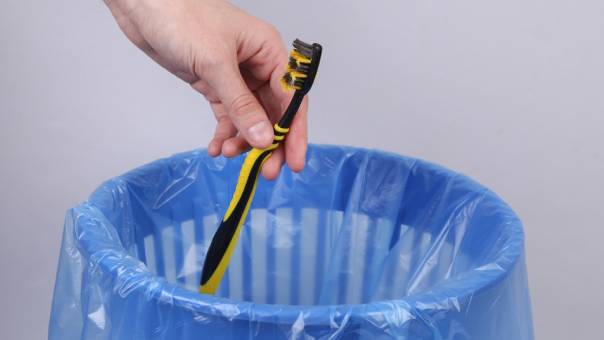

While you should still replace it every 3-4 months, proper care can help keep your toothbrush clean and safe to use during that time.
-
1. Rinse Thoroughly After Use
Rinse your toothbrush under hot water after brushing to remove leftover toothpaste and debris. -
2. Store Upright and Let It Air Dry
Avoid storing your toothbrush in a closed container. Instead, keep it upright in a holder where it can air dry between uses. A damp toothbrush stored in a dark space is more likely to grow bacteria or mold. -
3. Don’t Share Your Toothbrush
Sharing toothbrushes spreads bacteria and increases the risk of infections. -
4. Use Separate Holders for Family Members
If toothbrushes touch one another during storage, bacteria can be transferred. Keep enough space between them to stay hygienic.
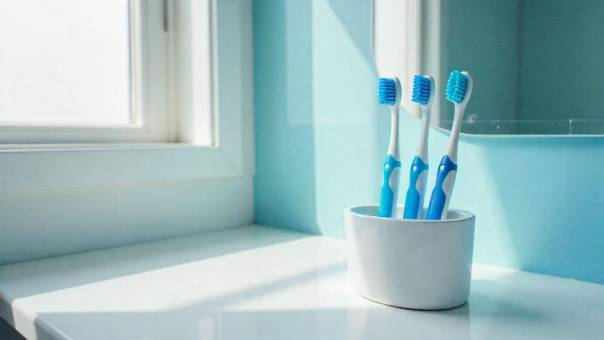
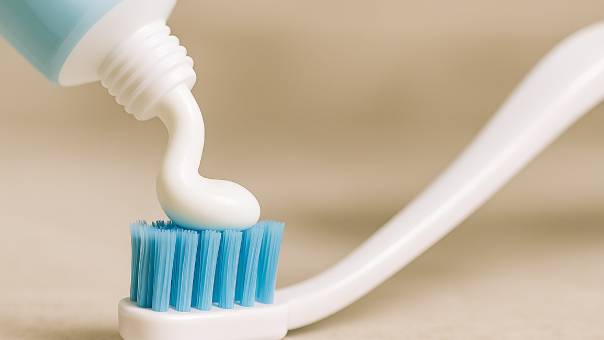
Neglecting to replace your toothbrush can lead to a variety of oral health problems, including:
-
Gum disease (gingivitis and periodontitis) – Inadequate plaque removal allows bacteria to thrive along the gumline.
-
Tooth decay – Plaque buildup leads to cavities.
-
Bad breath – Bacteria and food particles trapped in worn bristles can cause persistent odor.
-
Oral infections – Especially if you’ve been sick or have open sores or bleeding gums.
Using a worn toothbrush can also give a false sense of cleanliness—you feel like you’re doing the right thing by brushing, but your toothbrush may not be doing its job.
The Role of Your Dentist in Oral HygieneRegular visits to the dentist are essential, not just for professional cleanings and check-ups, but also for advice tailored to your unique oral health needs.
At Trivandrum Dental Clinic, we’re here to help you choose the right toothbrush, learn proper brushing techniques, and maintain a consistent oral hygiene routine. We recommend bringing your toothbrush or a photo of it to your next visit so we can evaluate its condition and make recommendations.
Choosing the Right ToothbrushNot all toothbrushes are created equal. Here’s what to look for when choosing your next brush:
-
1. Soft Bristles
Soft-bristled brushes are effective at cleaning teeth without damaging enamel or irritating gums. -
2. Comfortable Handle
A handle with a non-slip grip makes it easier to brush thoroughly. -
3. Appropriate Size
Children and adults should use toothbrushes that fit comfortably in their mouths and reach all surfaces.
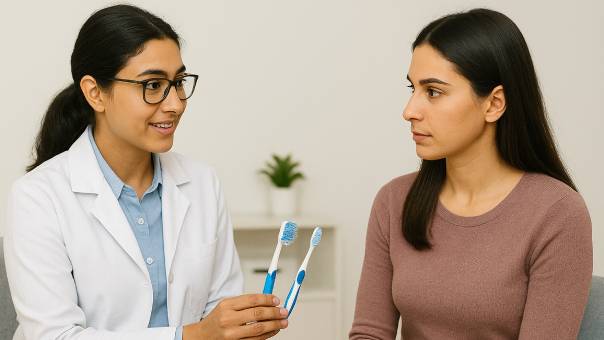

Replacing your toothbrush may seem like a small detail, but it plays a huge role in your overall oral health. Make it a habit—mark your calendar or set a reminder on your phone every 3 months.
If you’re ever unsure, ask your dentist during your regular check-up.
At Trivandrum Dental Clinic, we care about your long-term health. Whether you’re due for a check-up, have questions about your dental routine, or want help choosing the best oral care tools, we’re here for you.
Ready for a Healthier Smile?Schedule your appointment with Trivandrum Dental Clinic today and get personalized advice on how to keep your smile clean, bright, and healthy.
